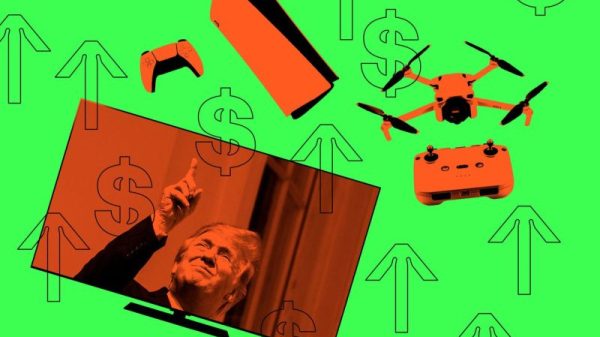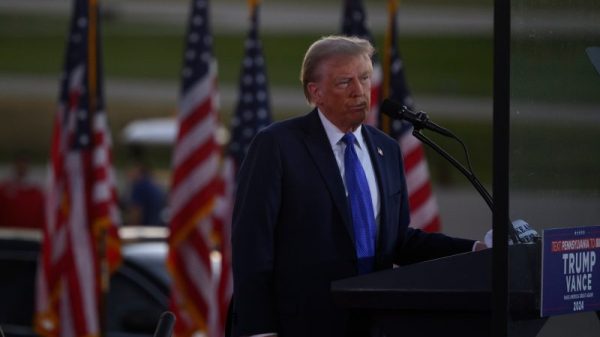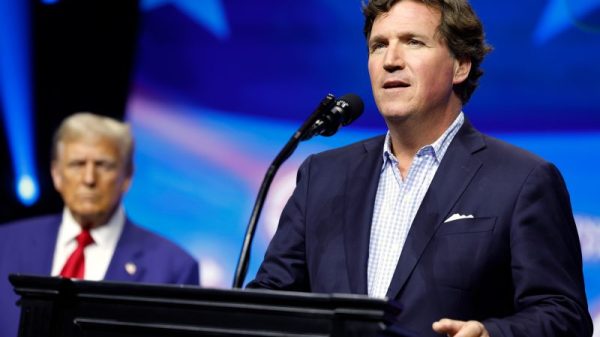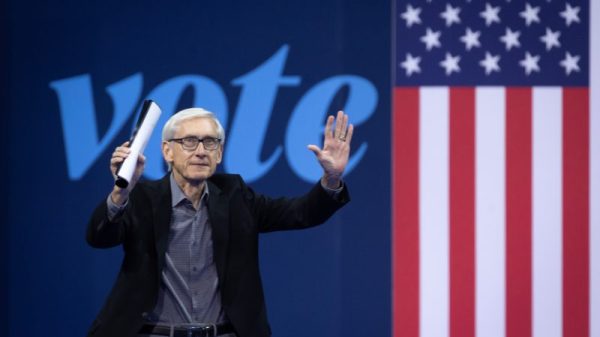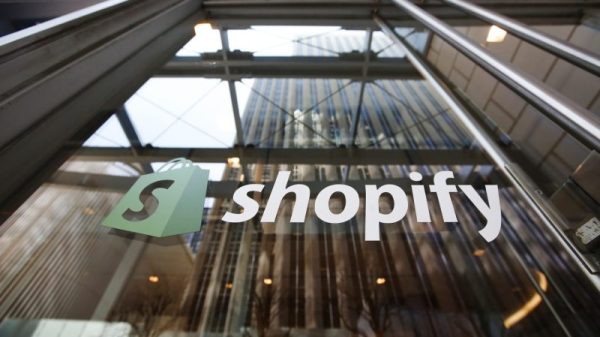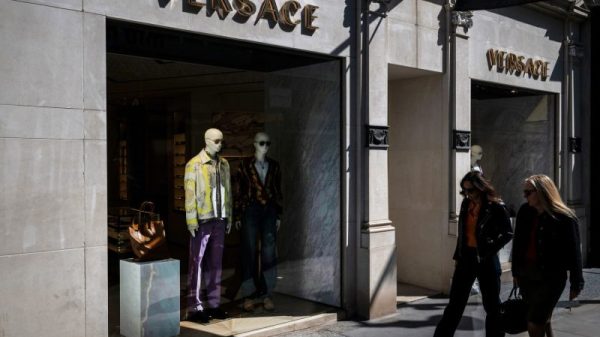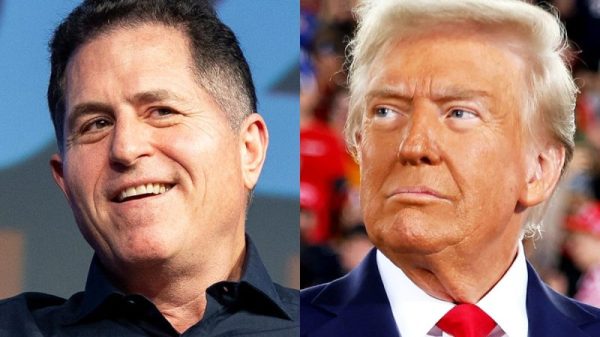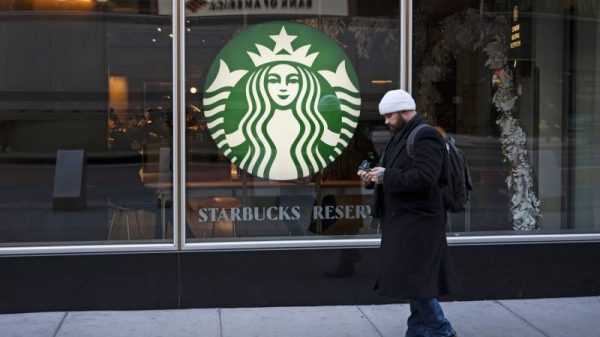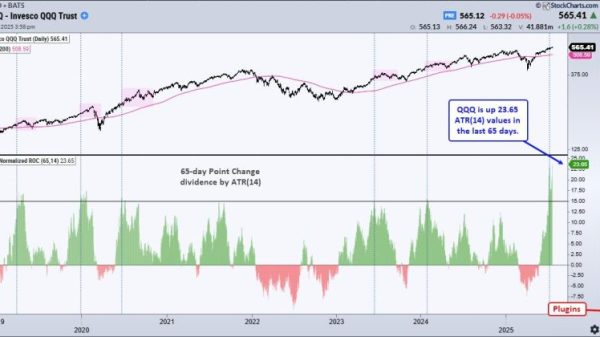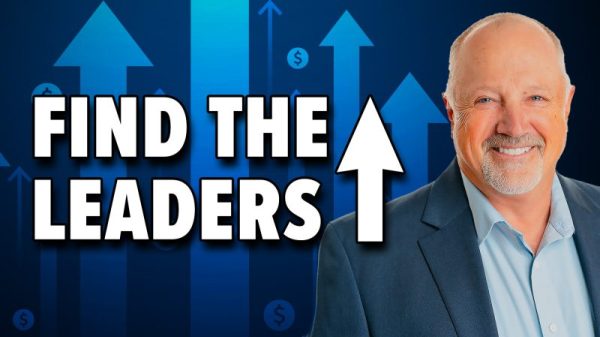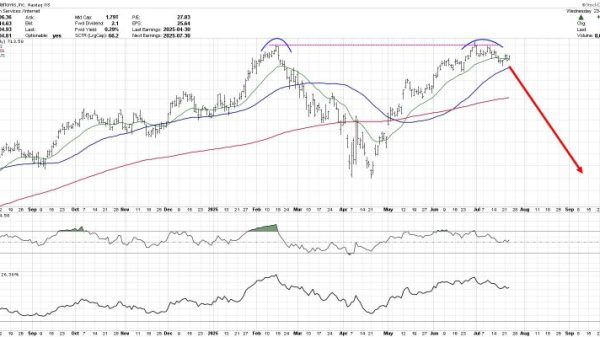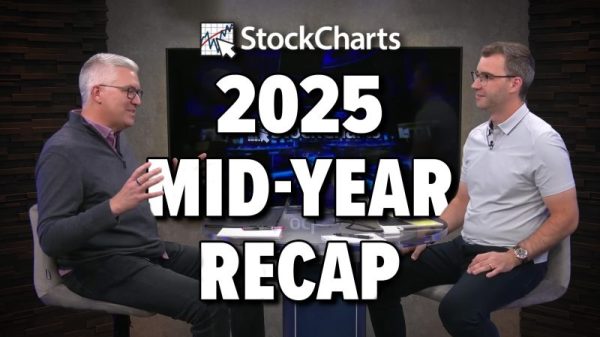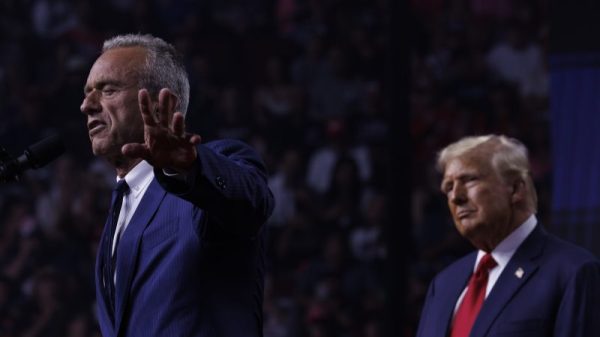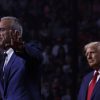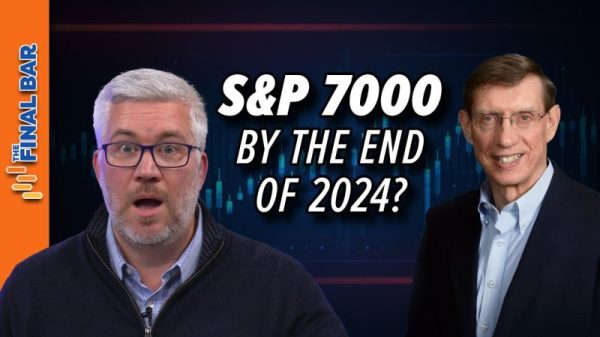As former president Donald Trump struggled last month to post a bond for more than $450 million to keep authorities from seizing his properties, California billionaire Don Hankey and his wife, Debbi, started discussing a solution: Hankey’s business could cover it.
Hankey, a Trump supporter who made a fortune providing high-interest auto loans to customers with poor credit, soon reached out to Trump’s team to negotiate a deal that would allow Trump to stay the penalty while he appealed a massive New York civil fraud judgment. But when a court reduced the bond to $175 million last week and Trump said he had the cash to post it himself, the matter seemed moot, Hankey told The Washington Post.
Then, to his surprise, the Trump team last week revived the talks and asked Hankey if he would back the new amount. Hankey promptly agreed. He said that his company is charging Trump a “modest fee,” which he declined to disclose, and that the arrangement allowed Trump to hold onto his money, adding, “At least he’s getting interest on his collateral.”
With the bond, which Trump posted Monday, Hankey appears to have facilitated a final step in Trump’s narrow escape from a cash crunch that a few weeks ago had the New York attorney general vowing to come after his assets and experts wondering if he would have to file for bankruptcy as he faced more than half a billion dollars in penalties from two civil cases, with only weeks to find the money.
The financial boost for the presumed GOP nominee has thrust Hankey into the midst of a presidential campaign, bringing a new national profile to a colorful 80-year-old worth $7.4 billion, according to Forbes, who worked his way from car salesman to major player in the car loan industry and owner of Xanadu, formerly Olivia Newton-John’s Malibu estate. If Trump is elected, their relationship could come under new scrutiny if the government is involved in matters affecting Hankey’s business.
Hankey said the bond, which was provided by one of his companies, a subsidiary of Knight Insurance, was a good business deal, not a political statement.
“I’m chairman of the board of several companies, and we just carry on our business and we try to stay away from political issues or taking sides,” said Hankey, who said he has been a Trump supporter “and I will support him in the future, but I wouldn’t consider myself a major supporter.” He said that while many of his contributions have gone to Republicans, he has also donated to Democrats.
Hankey also said he provided the bond to Trump in part because he agreed with the former president’s defense in the New York civil case, in which he was convicted of committing fraud by overvaluing his assets and getting loans at lower rates than otherwise would have been available. Trump argued that even if the property values were overstated, it was a common practice and that the loans were repaid in full.
Hankey said that one of his businesses, Westlake Financial Services, provides loans to 1.5 million customers and that “quite often, when credit statements or financial statements are submitted to us, the values are exaggerated on some of the assets. … I would say it probably happens on 75 percent of our applications.”
The Trump campaign did not respond to a request for comment, referring instead to a post by the former president on his social network, Truth Social, in which he said, “I had to pay New York State in order to appeal a corrupt decision by a biased, crooked and highly overturned judge.”
Hankey is also the largest individual, non-institutional shareholder of Axos Bank, a little-known online company that in 2022 provided $225 million in crucial loans to keep Trump’s businesses afloat after many of his longtime lenders cut ties in the aftermath of the Jan. 6, 2021, attack on the U.S. Capitol. Hankey said he was unaware of the Axos loans until after they were provided to the Trump Organization. Axos’s president and chief executive previously told The Post he approved the loans because they were profitable for his bank, not for political reasons.
While not as well-known nationally as some other billionaires who support Trump, Hankey is a prominent figure in California, where his best-known business has revolved around providing high-interest auto loans to customers with poor credit. Remembering how he once had to turn away such customers when he was a car salesman, he said, he established a business that provided loans to higher-risk customers at higher rates.
A 2015 article in Forbes magazine described Hankey calculating how he might provide a hypothetical customer with a low credit score a loan at 23.99 percent. The article said that his company at the time had 336,000 outstanding car loans from 23,000 auto dealerships, and that his company repossessed 250 cars per day because of problems with repayment.
While the business provided financing to many customers who couldn’t get it elsewhere, the U.S. Consumer Financial Protection Bureau found that it sometimes went too far.
The agency on Oct. 1, 2015, announced that it had ordered Westlake Financial Services and another company, Wilshire Consumer Credit, to provide $44.1 million in relief to customers and to pay a civil penalty of $4.25 million for what the agency called “illegal debt collection tactics.” The news release did not name Hankey, and he was not accused of wrongdoing. Hankey said in the interview that the companies relied on an “electronic program” and that he didn’t think they did anything wrong.
In the bank case, brought by New York Attorney General Letitia James (D), state Supreme Court Justice Arthur Engoron ruled in February that Trump, several of his companies, his two elder sons and former executives were civilly liable for fraud by lying about the true value of his assets to obtain better rates.
Attorneys for the Trump Organization and family have argued that the company was engaged in normal business practices and that the judge’s financial penalty was wildly excessive and ought to be waived or reduced.
After Engoron’s ruling, Trump moved to appeal — but first needed to either post a bond of more than $450 million to stay the financial penalty, or pay it. Weeks later, Trump’s attorneys told the court that he couldn’t do so after approaching 30 surety companies.
But the Hankeys had already begun discussing a potential deal. Hankey said his wife, Debbi, first suggested providing the bond, and then contacted a friend who knew the campaign and connected them with Hankey.
A round of negotiations soon commenced, but last week, an appeals court panel in New York ruled that Trump needed to post only $175 million to appeal.
“We thought our negotiations were finished,” Hankey said. “And we were thanked by the Trump Organization.”
But Trump’s company soon reached out again. “They called back and asked us if we would put up the bond for $175 million,” he said.
It took only a few days to complete the new deal.
By posting the $175 million bond Monday, Trump appeared — at least for now — to escape from a financial jam that weeks ago appeared so untenable that experts wondered if he would file for corporate bankruptcy.
Instead, he has gained stays in the two most daunting civil cases against him without having to forfeit any of his assets or sell any of his properties. Nor did he have to touch stock he has in his social media company, Trump Media & Technology Group Corp., a stake that was still valued at around $4 billion Tuesday afternoon despite the stock price’s recent slide.
Nonetheless, depending on how the appeals process plays out, Trump still may face substantial judgments in the bank case as well as in an unrelated defamation case, in which an insurance company posted a $91 million bond.
By using the bonds and the appeals process, Trump has given himself additional chances to argue his position in court, in front of different judges, and — perhaps most important — gained more time to pay any penalties that are ultimately levied upon him.
Robert E. Malchman, a longtime New York lawyer who has been following the bank case, said that the appellate court’s decision to reduce the bond amount had given Trump a lifeline and that James will probably now have to press her case well after the election through the appeals process.
Trump still may face the full penalties, Malchman said, even if he returns to the White House.
“He can be president of the United States again, but that’s not going to affect his civil judgments,” he said.
He said Trump remains under the purview of a court monitor, former judge Barbara S. Jones, who must approve major financial transactions by the Trump Organization. And he can no longer use the money he has provided as collateral for the bond for other purposes, which could strap him financially. “That’s $175 million that you can’t use for anything else,” Malchman said.
Hankey said he has never spoken to Trump. But after the bond deal was made public, he heard from one of Trump’s sons, who effectively runs the company.
“I talked to Eric Trump this morning,” Hankey said. “He called and thanked us for posting the bond.”
Razzan Nakhlawi contributed to this report.


